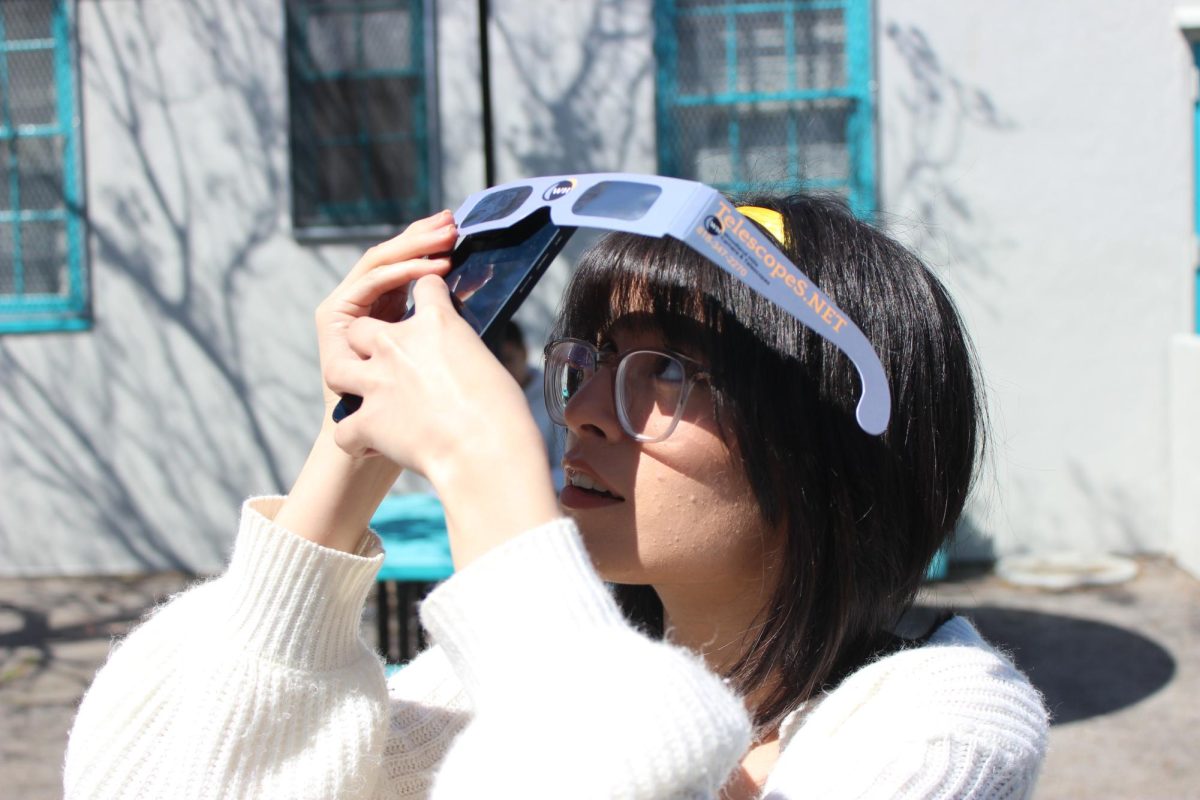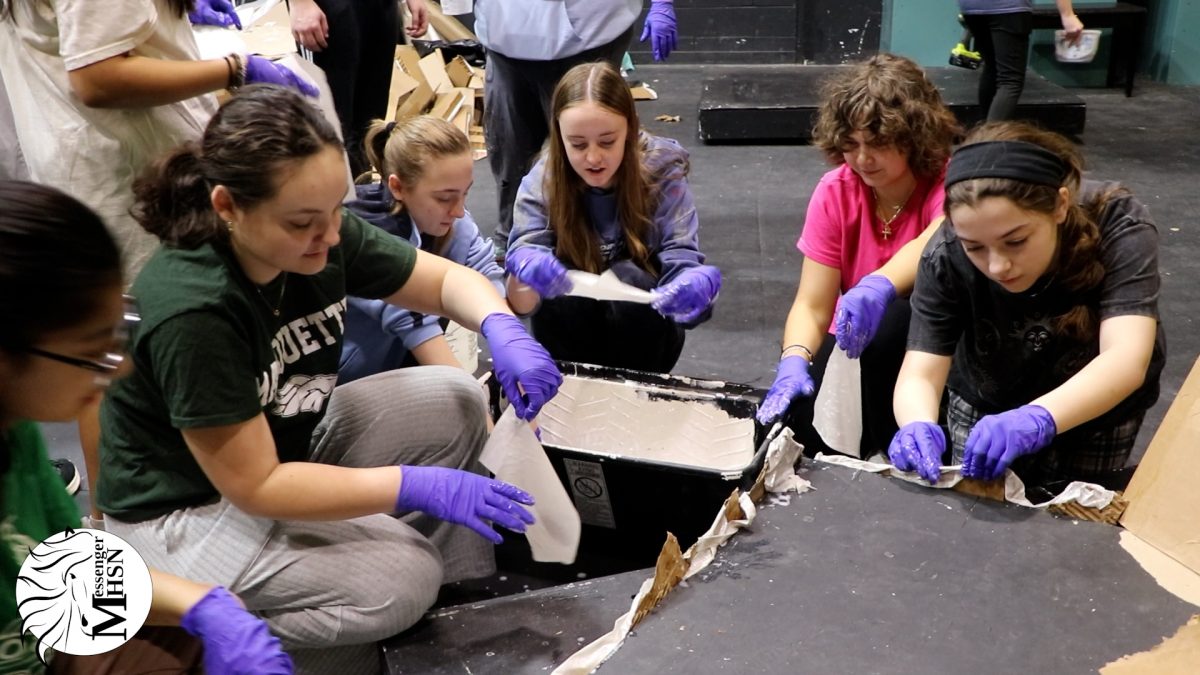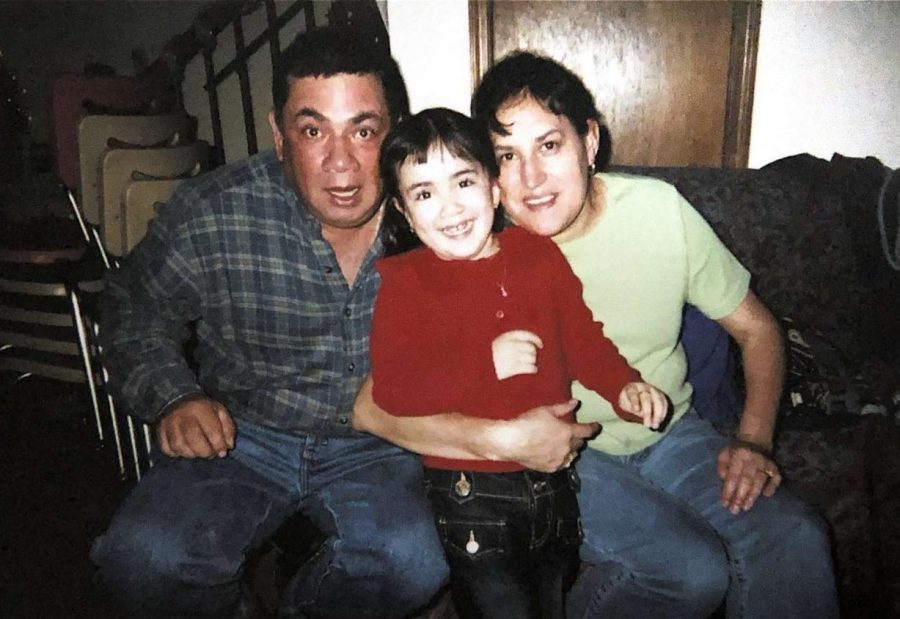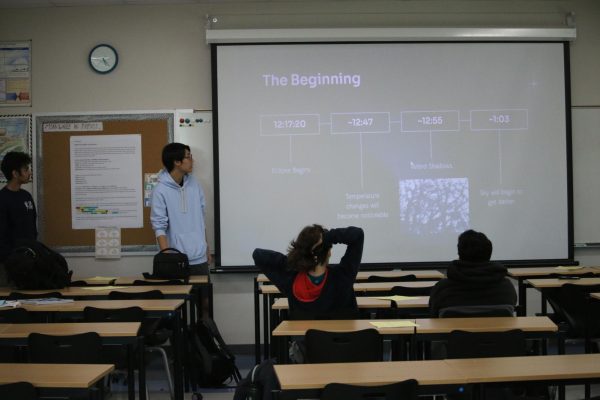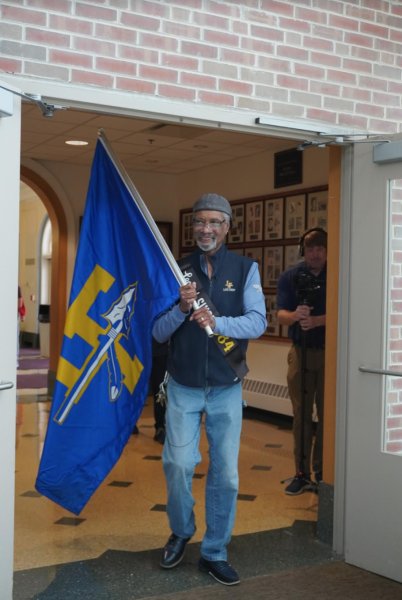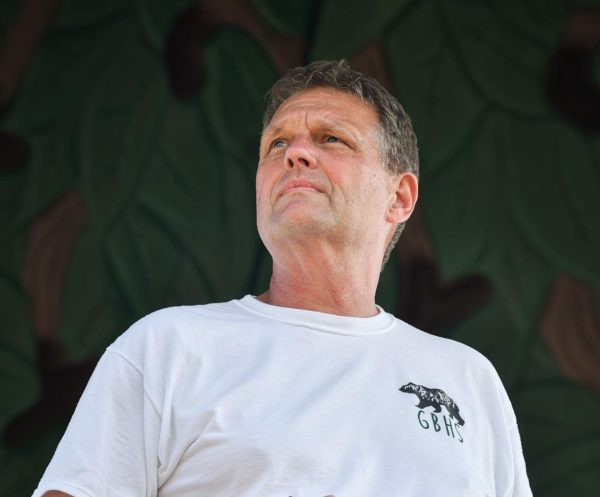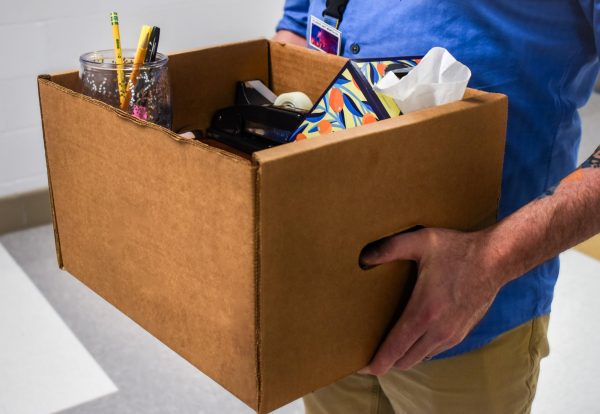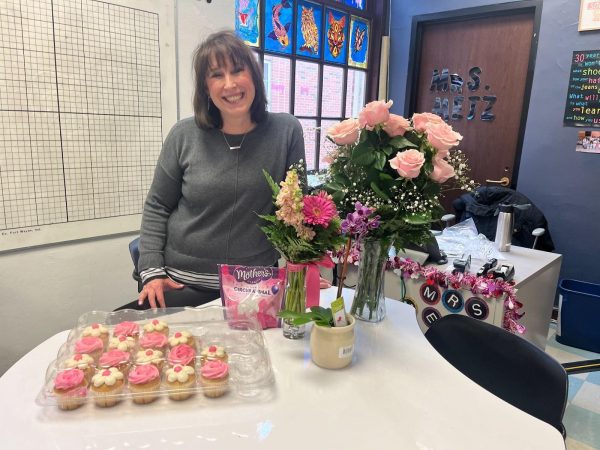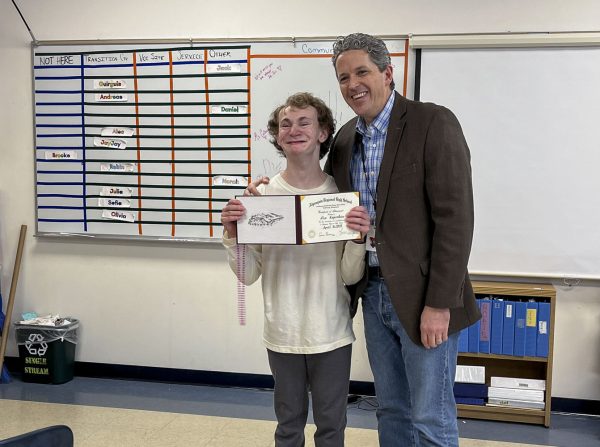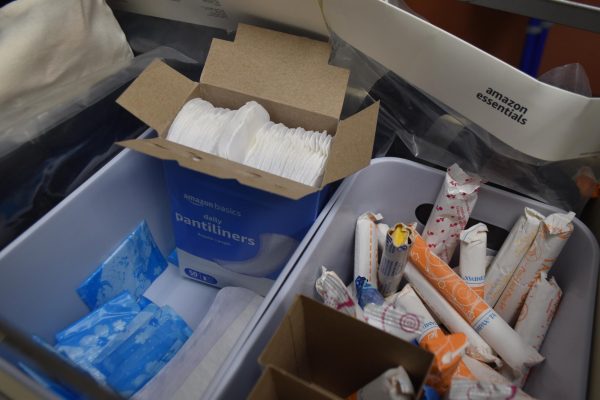At 17, Mendoza navigates life without her father after losing him to COVID-19
Photo courtesy of Abby Mendoza
Mendoza (center) takes picture with father (left) and her mother (right). “I am extremely grateful for my dad, because he really did sacrifice a lot. And, you know, he still made time for his kids. And he still made time for his wife. And he still made time for his grandkids, even when he was in a lot of pain. And even if part of him [thought] ‘maybe I should just give up,’ he didn’t,” Mendoza said.
February 3, 2021
She was in the snack aisle in Martins when she got the call from her sister. She had been deciding on whether or not she could have apple flavored GoGo squeeZs’ when she felt her heart drop. After returning home, her sister broke the news that her father was not getting enough oxygen to his brain; that he would need to be taken off the ventilator. It was then, Abby Mendoza realized that at seventeen, she would lose her father.
“I just, I keep telling everybody, it’s very surreal, even on Tuesday at the Funeral. It hit me that it was kind of brutal. This really is stuff that only happens in movies,” Mendoza said. “My sister Yao and I just keep saying that it feels like at any moment, he’s gonna walk through the door and be like, ‘Oh, hi’ like it was all just a joke.”
At 6:30 p.m., she received another call. Her dad had finally passed.
Mendoza and her sister had been the first to get COVID-19 in her family. While Mendoza struggled to eat and suffered at her home, her sister had to be taken to the hospital where she would stay for five days fighting off COVID pneumonia, and like her dad, Mendoza thought her sister would die. While her sister was in the hospital, her dad had begun showing symptoms.
His first test results came back negative. Mendoza had recovered and her sister was home. December 26, while eating breakfast, her dad walked out of his room with a yellow tint to his skin. He was excited that Mendoza and her sister were okay. Later that day, Mendoza would go to her sisters house to see her new dog. It was then that Mendoza got the very first call that her dad needed to be taken to the emergency room.
“We really didn’t think it was anything more like oh, he’ll be fine. And then the next moment it’s not being able to get told communication through and not knowing what’s going on. And then it’s ‘he’s okay.’ Then, ‘he’s not doing that good.’ Then it’s ‘he’s kind of okay.’ [Next it’s] ‘we need to put him on a bigger oxygen,’” Mendoza said. “Everything just happened really quickly. From New Year’s Eve to about January 2nd. We couldn’t get any telecommunication through. And it was really frustrating not knowing what was going on because nobody could be there with him.
Due to his CPAP working at over one hundred percent, her father’s body could no longer handle the stress. The next choice of action was a ventilator, something her dad had asked not be put on. While her sister Vicky is making phone calls, Mendoza is crying in her car, coming to terms with what is to come.
“I just close my eyes, and I’m like, ‘Dad, if you can hear me, it’s okay. If this is you telling us that it’s your time to go, just go. We’ll be okay,’” Mendoza said.
Three months previously, her dad had finished his will. He had retired in May, at 62, from construction. He wanted to be home, wanted to spend time with his grandkids and work in his garden. His years in construction had finally caught up with him though, as he started experiencing extreme pain. He had hidden this pain from Mendoza and her sisters and focused on his amazing family.
“He said, ‘if I were to die tomorrow, I’ve lived a good life. I’ve done everything that I’ve wanted to do, and I’m good,’” Mendoza said. “I remember [on] Thanksgiving, he was just giving thanks and talking about how we needed to be a unit and hoping that [in] 2021 there was no fighting, and we could just all get along and just live in peace. He was happy that he had an amazing family.”
Growing up, Mendoza and her father had always been close. He was someone she could go to whenever she needed someone she could trust. For a couple years, the two had fallen out. Through growing and learning, she began to understand her father. She not only learned about the hidden pain he was experiencing, but also how much he and her mother protected her from all the struggles her family were facing.

“It was a journey. And it’s a journey with anybody. When you start to go into adulthood, you kind of begin to form a different form of friendship with your parents. It was nice having him growing up and seeing what it’s like to not come from an upper middle class, white suburban family and see your parents struggle for you,” Mendoza said. “I am extremely grateful for my dad, because he really did sacrifice a lot. And, you know, he still made time for his kids. And he still made time for his wife. And he still made time for his grandkids, even when he was in a lot of pain. And even if part of him [thought] ‘maybe I should just give up,’ he didn’t.”
January 19, they held a service for friends and family to commemorate his life. Originally, her father had wanted his body donated to science, but due to having COVID, he asked that his body be cremated.
“I almost don’t remember any of it. The whole time I was so anxious and I was crying the whole time. As soon as it started, [it] hit me, this is real, this is happening and this is life right now in this moment. I remember very little bits and pieces because just the shock of it, like my body saying this is something you don’t want to remember,” Mendoza said.
“I think what affected me more was a couple of days before, we had to go to the church, so that the priests could walk us through everything He went around and asked ‘what are some things you remember about your dad?’ He finally came to me and I couldn’t say anything because that made it more real and then just being able to sit there and hear him say all these things that my sisters and my mom was able to say, but I wasn’t [able to] say anything kind of hit me. [I thought] ‘am I going to be able to get through this?’ “Am I moving on too fast?’ Or ‘do I really have suppressed feelings about it?’ because in my mind, in some moments I’m not okay. But in my mind, I really am like, ‘I’m good, I’ll be okay.’”
It was at the service that Mendoza realized how many lives her father had impacted in some way. Mendoza not only had to deal with the impact of his death and the constant condolences, she also had to come to terms with the grief and how she would make it through on the other side.
“You realize once you lose someone, how big of an impact they didn’t just have on your life, but on other people’s lives, too. I had no idea that that many people knew my dad,” Mendoza said. “I’m not okay. You can’t really be okay after something like that. [But I look back and I think] if I was able to get through that, I can get through this.”
Mendoza was proud to see her father earn his citizenship. She was happy for him when he got to visit his mom in Mexico. Though she can still fondly look back on those memories, Mendoza began to forget traces of his laugh and slowly after, his voice.
“He was a simple man, he was a spontaneous man, and he knew how to make my mom laugh. That’s what I’m gonna miss is hearing his laugh. I remember when he was sick and I was angry. I [was] so mad because my dad has a very distinct voice, and I couldn’t remember what he sounds like,” Mendoza said. “Looking back at videos and just hearing his voice, I was like ‘that’s what he sounds like’ and everything just came back to me. I’m glad that even if it was a short [amount of] time that I was with him, it was full of so many things that maybe even something that I can’t remember now I’ll remember in the near distant future.”
Now, for the first time in her life, Mendoza navigates life without her father.
“I’m 17, I don’t get to have that for the rest of my life. [I have to try and] figure out what my dad wanted me to do, instead of just being able to go and ask him what should I do,” Mendoza said. “I need to let myself cry. That’s the best I can do with grieving, because at the same time, it’s something I don’t want to dwell on. My dad would totally be laughing because even when I did cry he just laughed at me.”
Before the pandemic, people were able to go to the hospital and visit their loved ones. Now loved ones are unable to come in and visit their family members suffering in the hospital. One of the hardest things Mendoza had to come to terms with through her grief was the realization that her dad died alone.
“He didn’t have anybody. Maybe it wouldn’t have helped or maybe it would have, but I feel like just having someone there with him and telling him that everything was going to be okay, even if it wasn’t okay in the end,” Mendoza said. “At some points I kind of feel guilty because I would take him to his appointments and I wasn’t able to be there with him. I really do think that just all sets in how real COVID is. It really is so sad thinking about my dad and then thinking about everybody in the hospital who aren’t able to see their families and wondering how they’re doing and vice versa.”
It is through her experience that Mendoza finds it important to raise awareness and tell her story. One of the problems Mendoza brings to light is the lack of beds, specifically in Virginia when her dad was being treated. What angers Mendoza most is seeing the amount of people deliberately not wearing masks in public.
“I was ignorant, I was like, it can’t happen to us. It’s so frustrating, seeing all these people, but also like at the same time it’s like I was one of those people in the sense of like, I didn’t wear my mask and I’m like it can’t happen to. It won’t happen to me,” Mendoza said. “Here I am now at 17. And I just went to my dad’s funeral on Tuesday, because he passed from COVID related illness, and his lungs were so perforated you could stick a pencil through it. [I see] people on social media be like, I just want to live my life. Try living your life without your dad for the rest of your life,” Mendoza said.
You can donate to their GoFundMe here
This story was originally published on The Newsstreak on February 2, 2021.

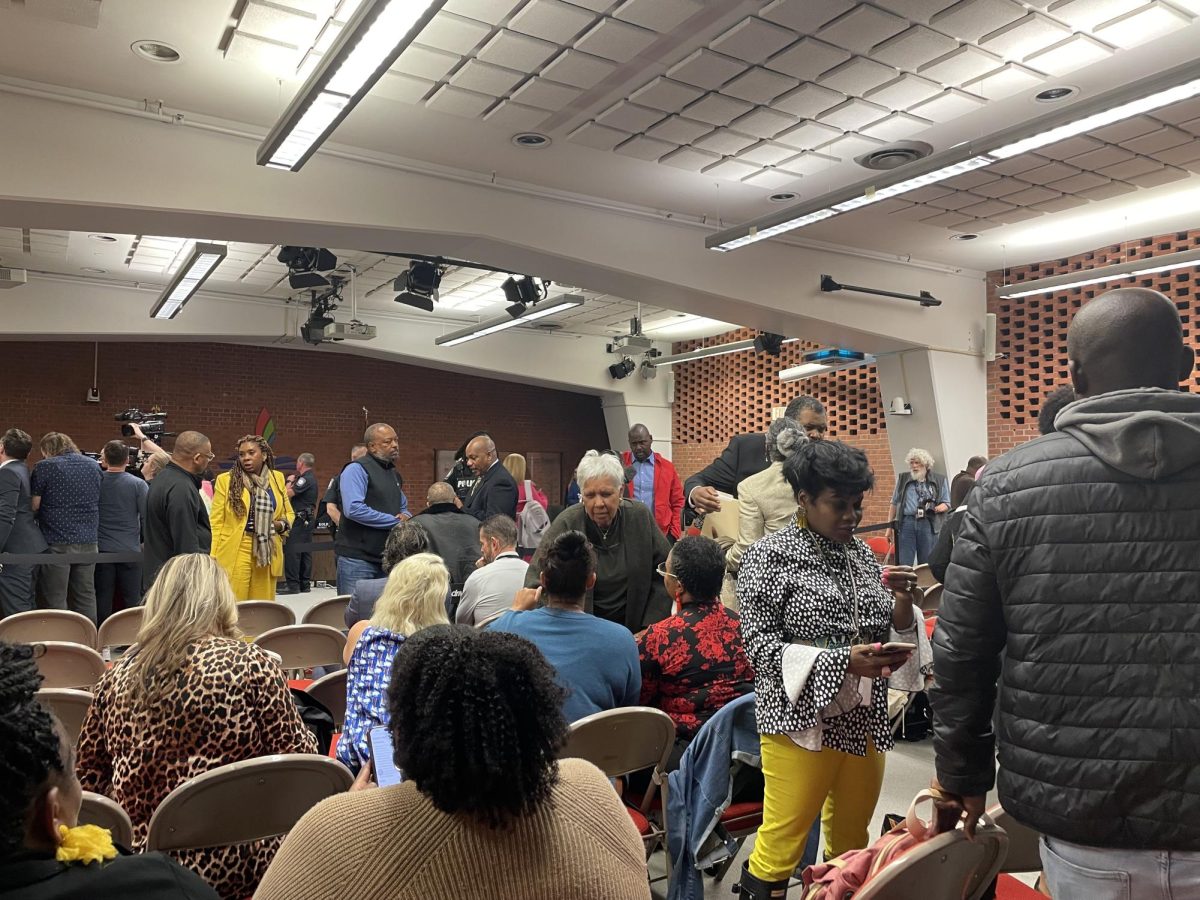
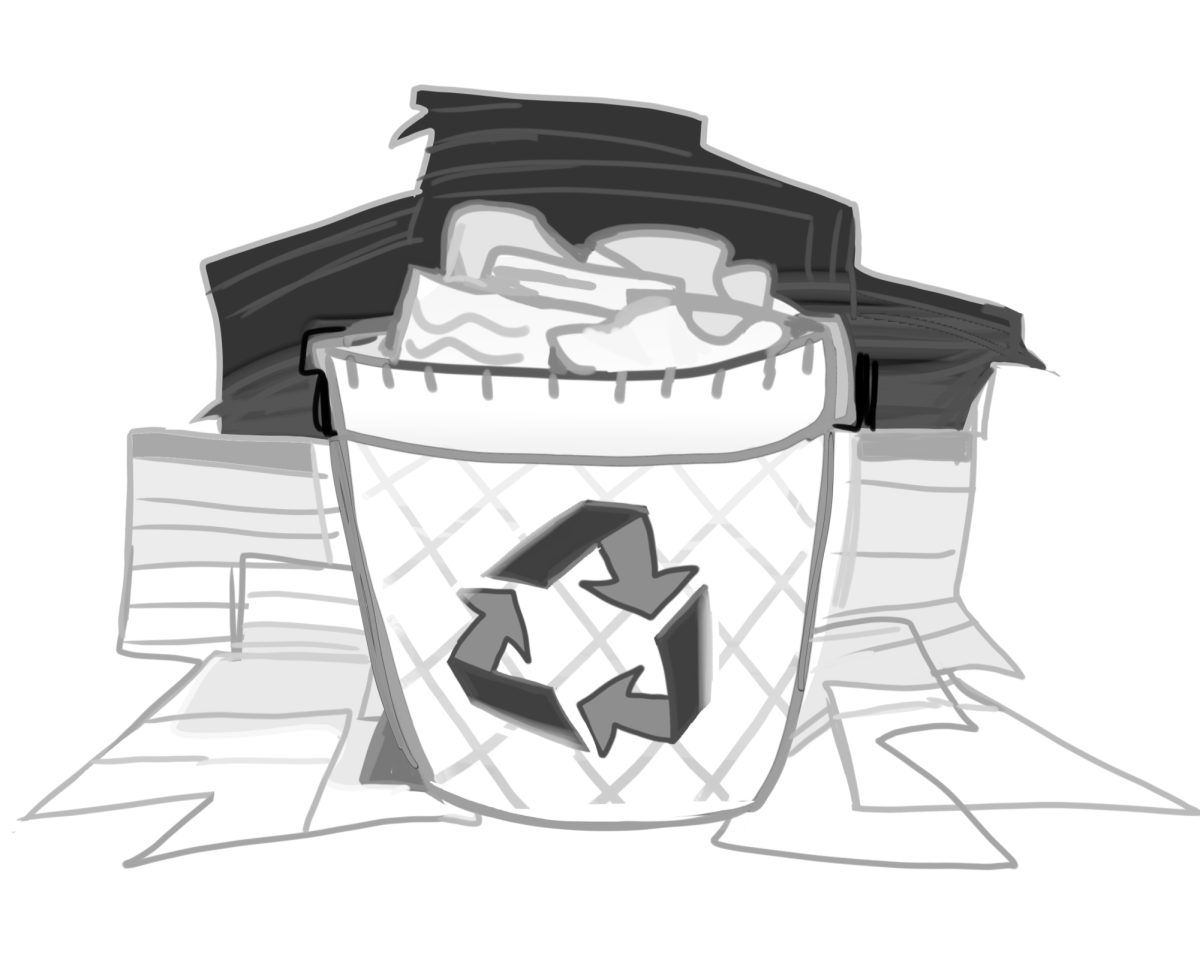
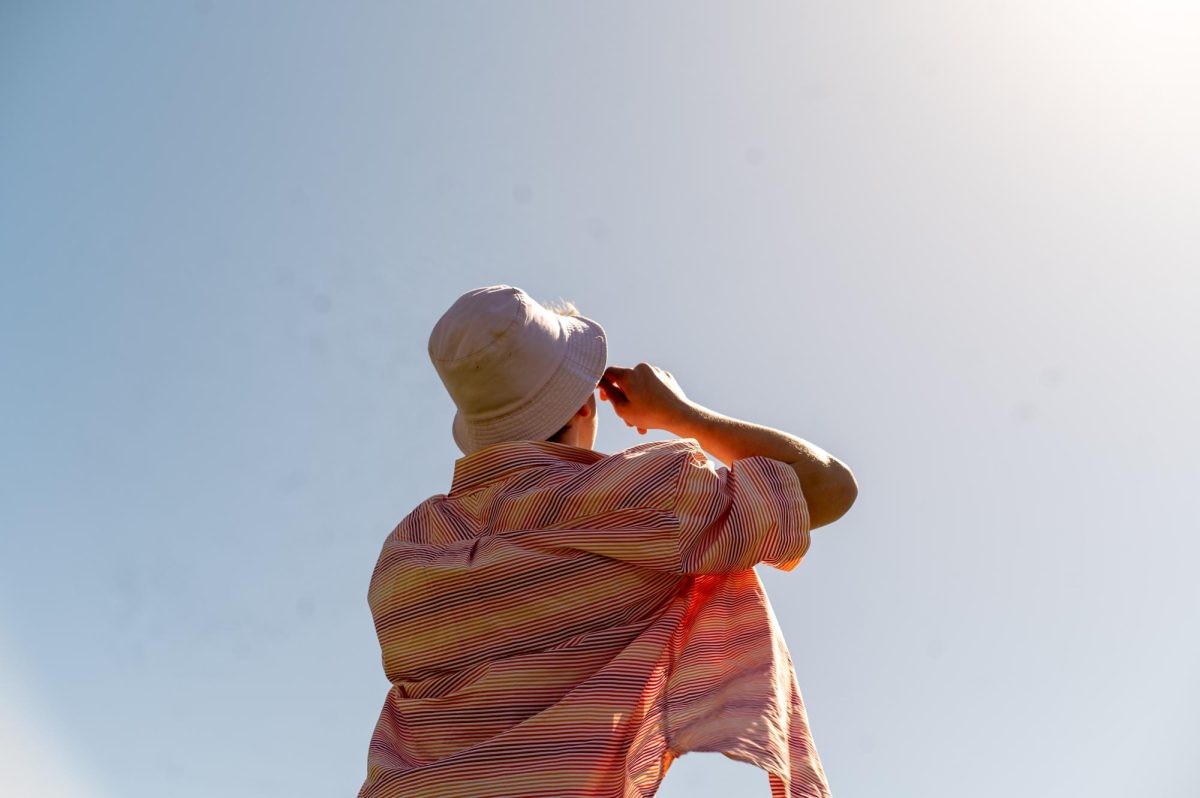
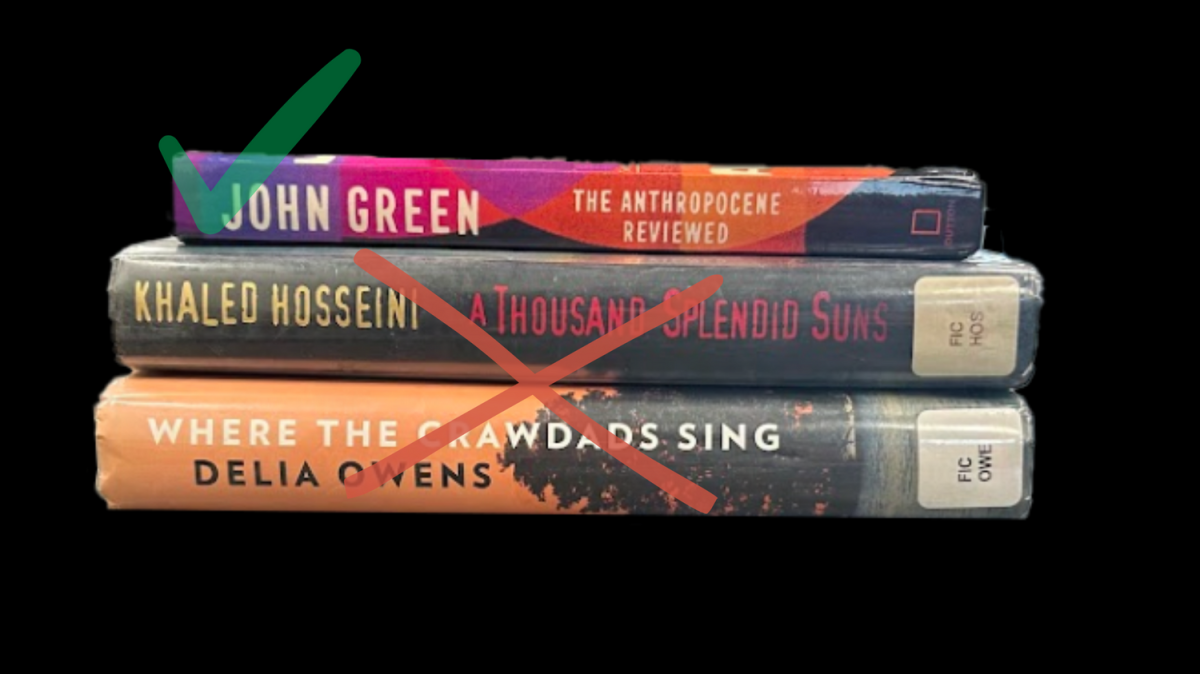
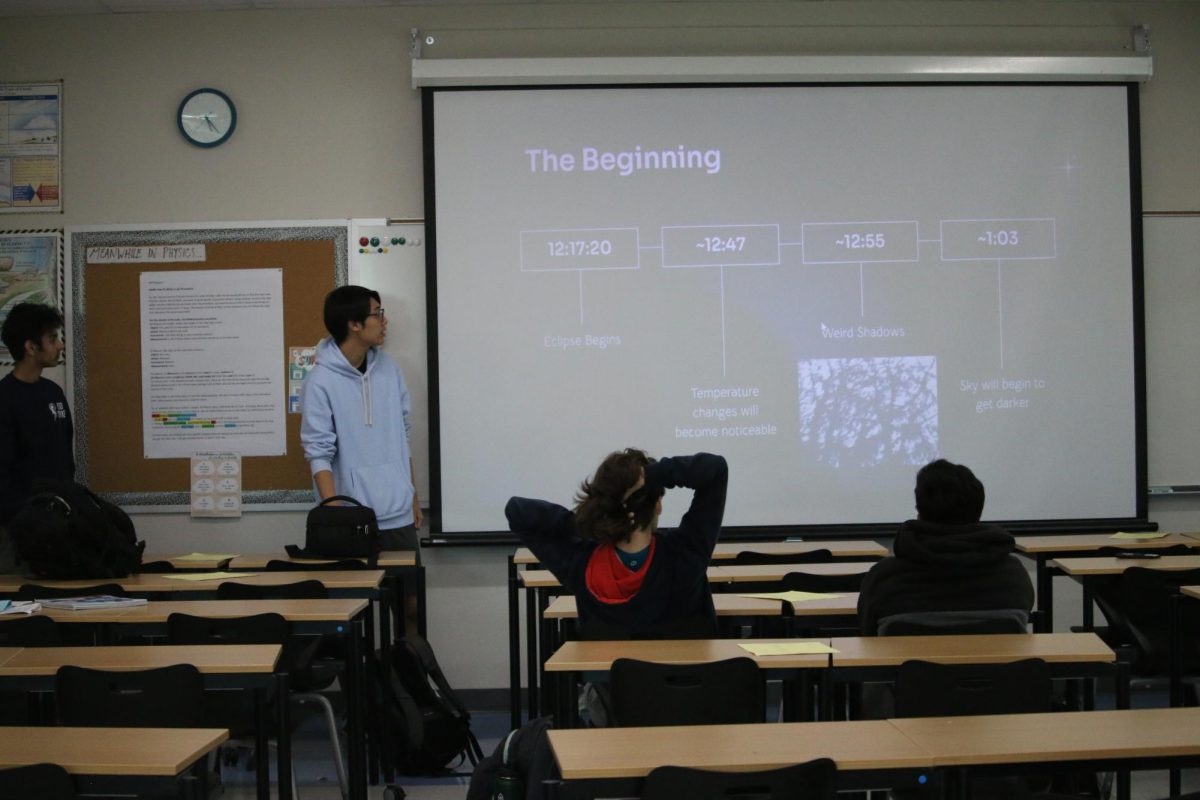
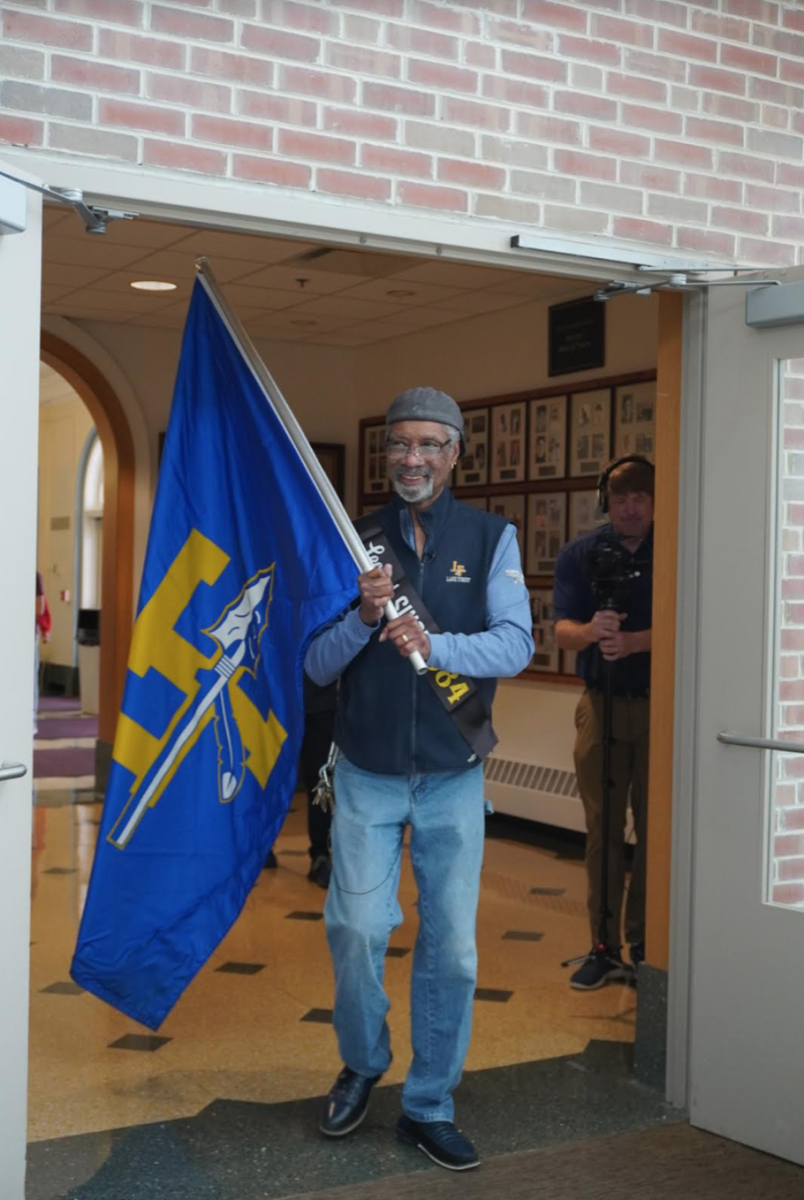
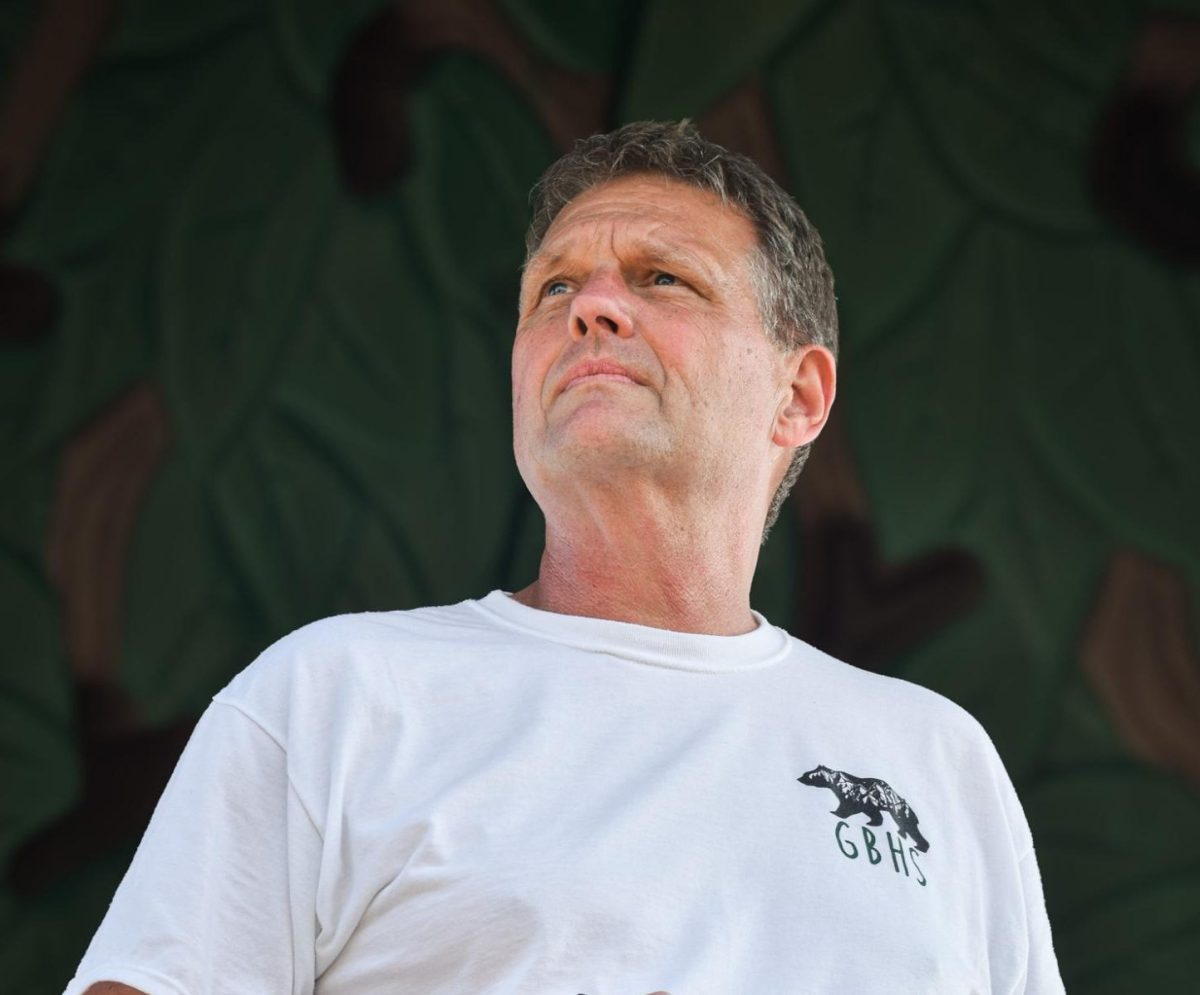

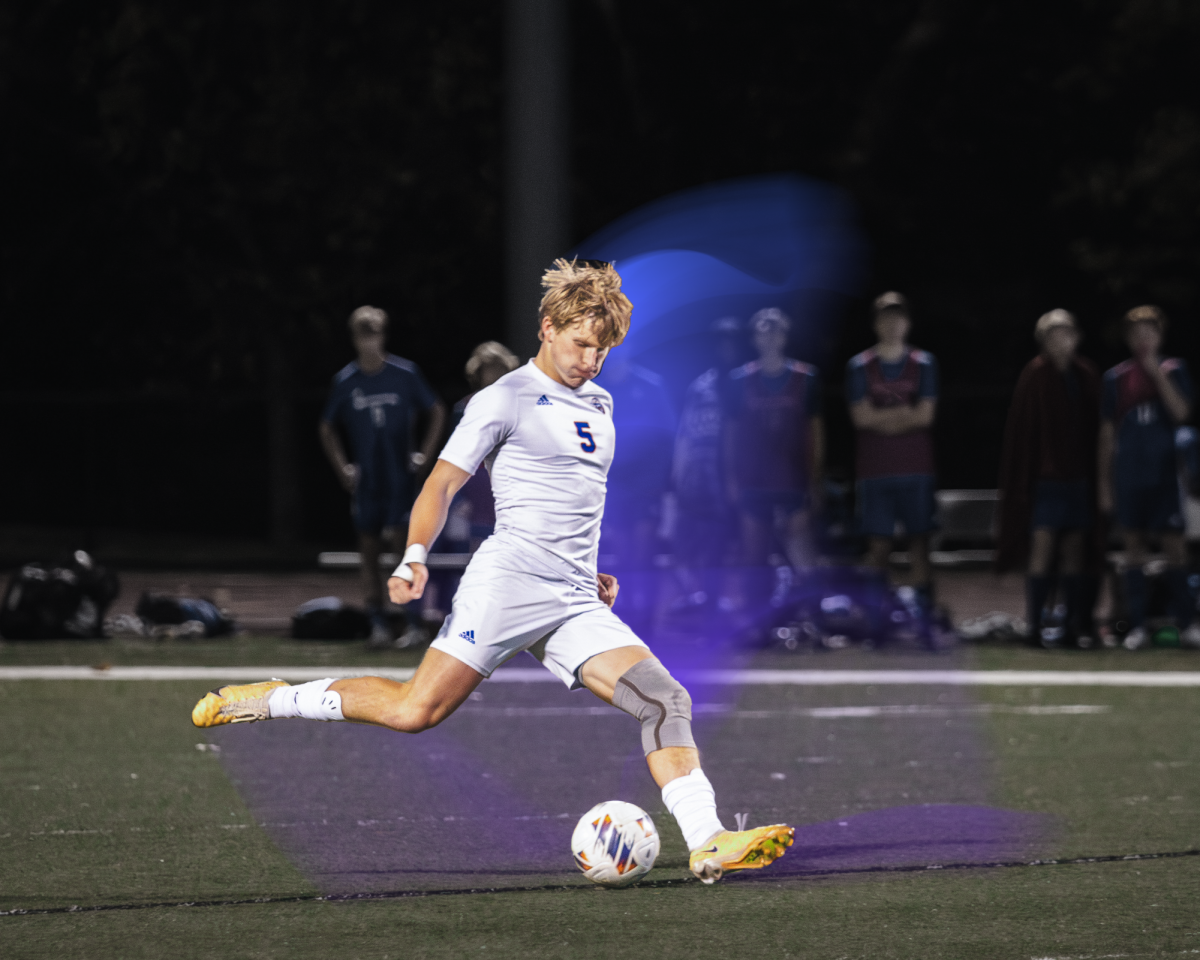


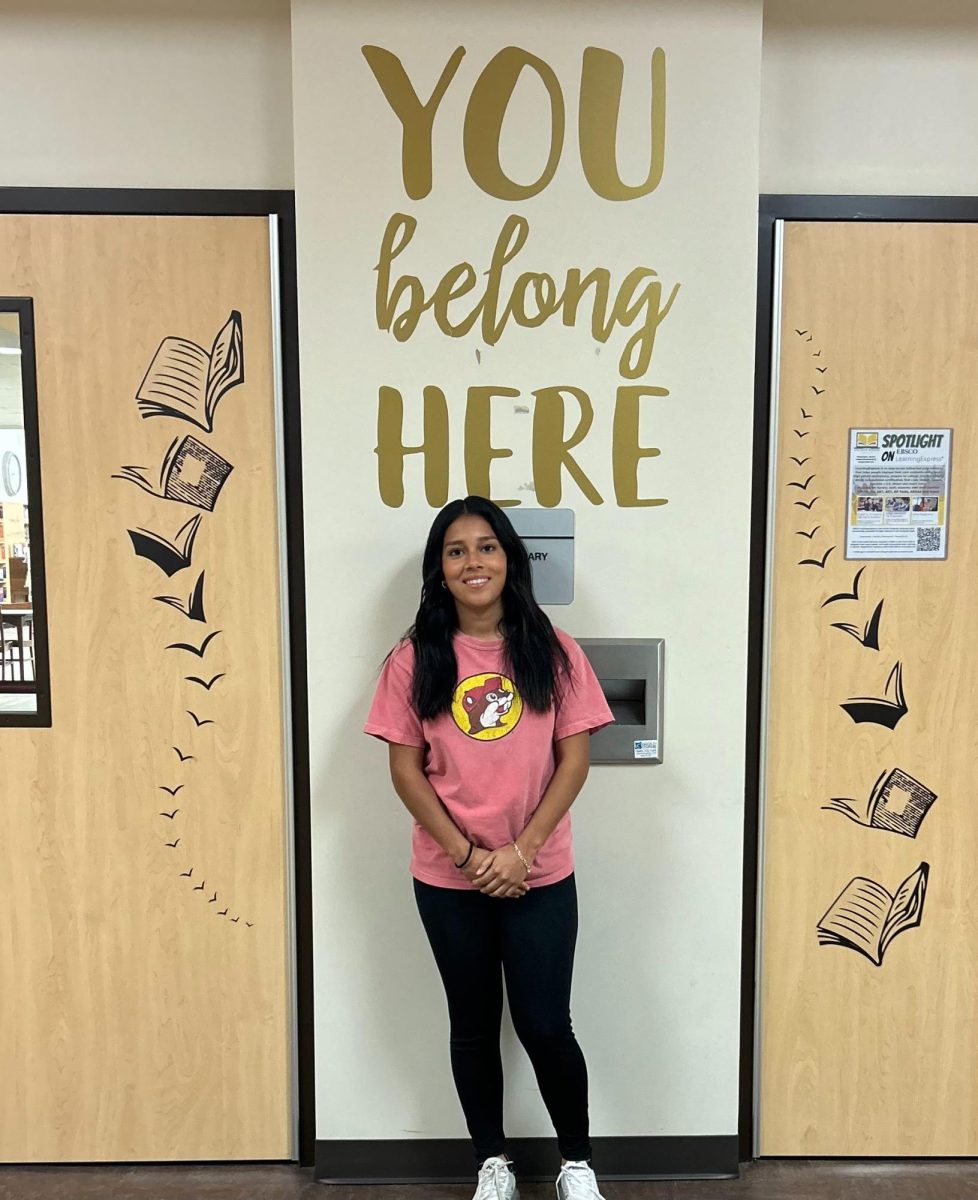

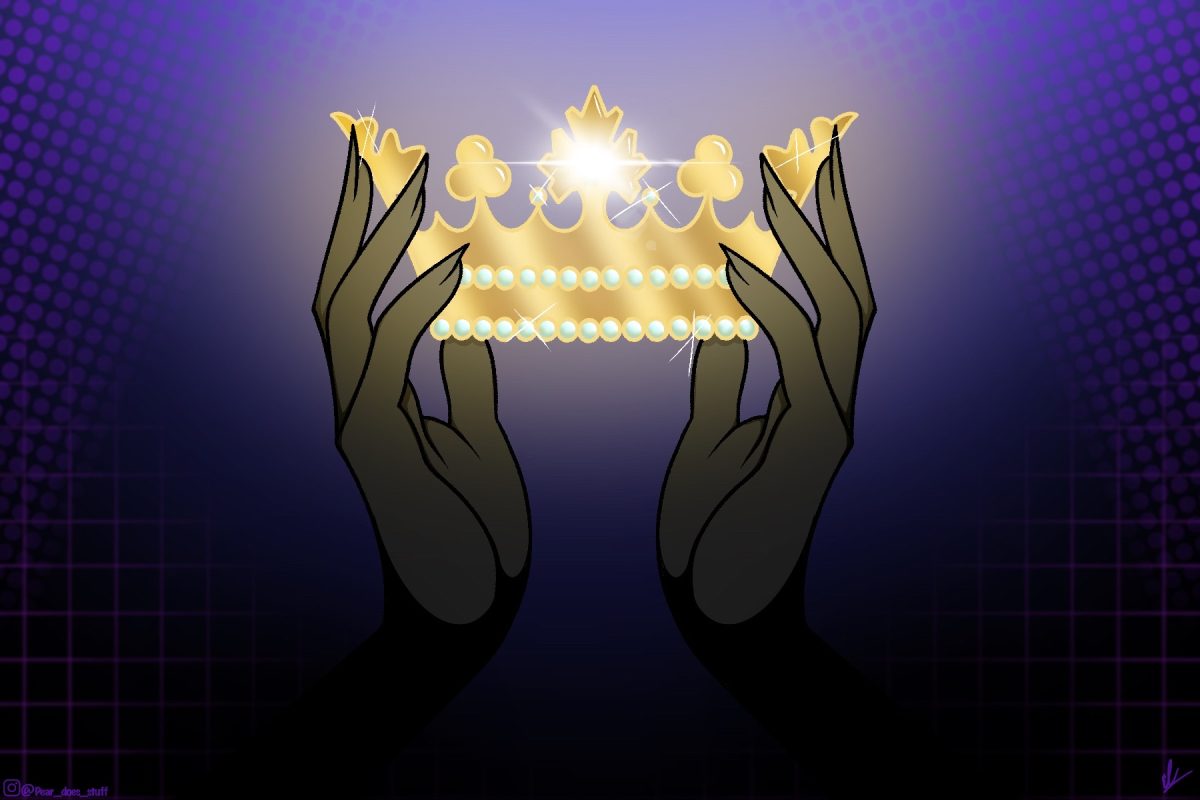



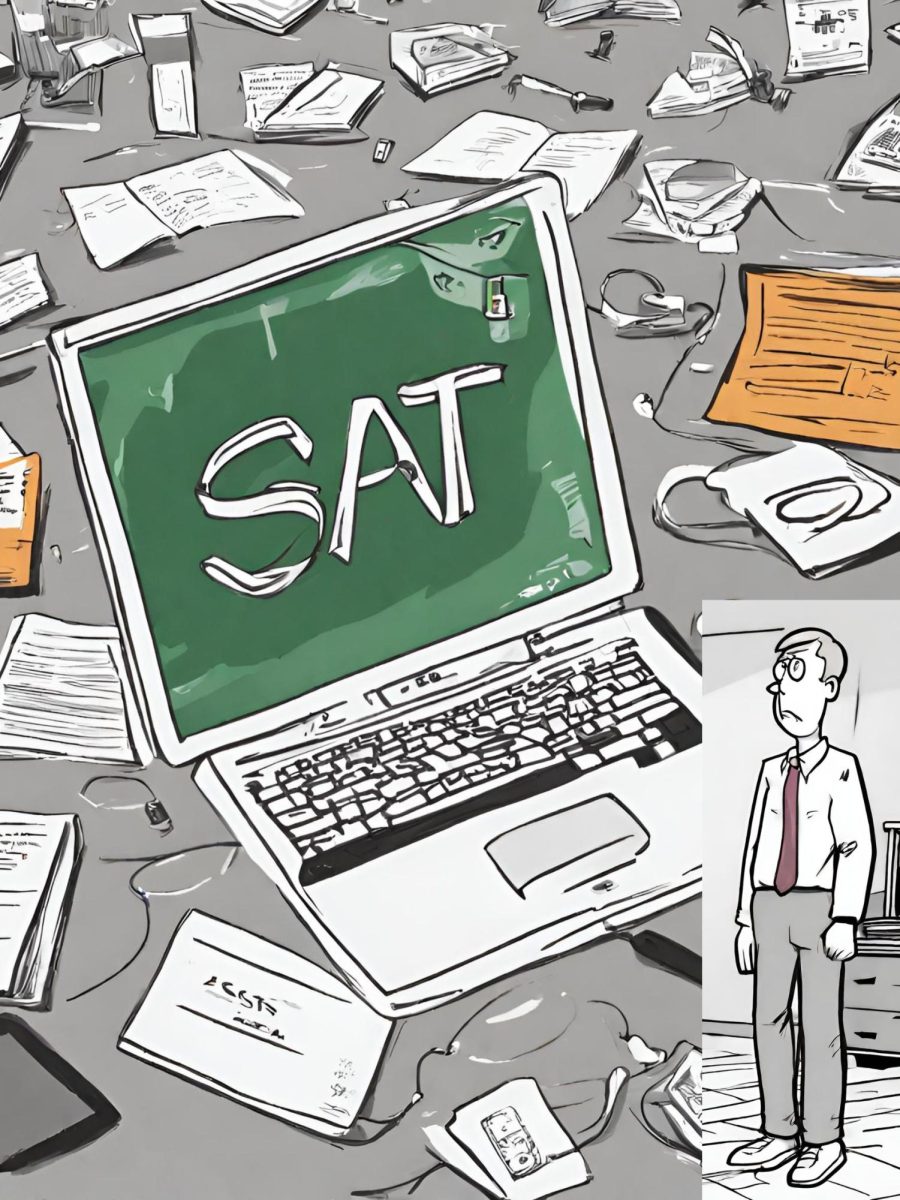







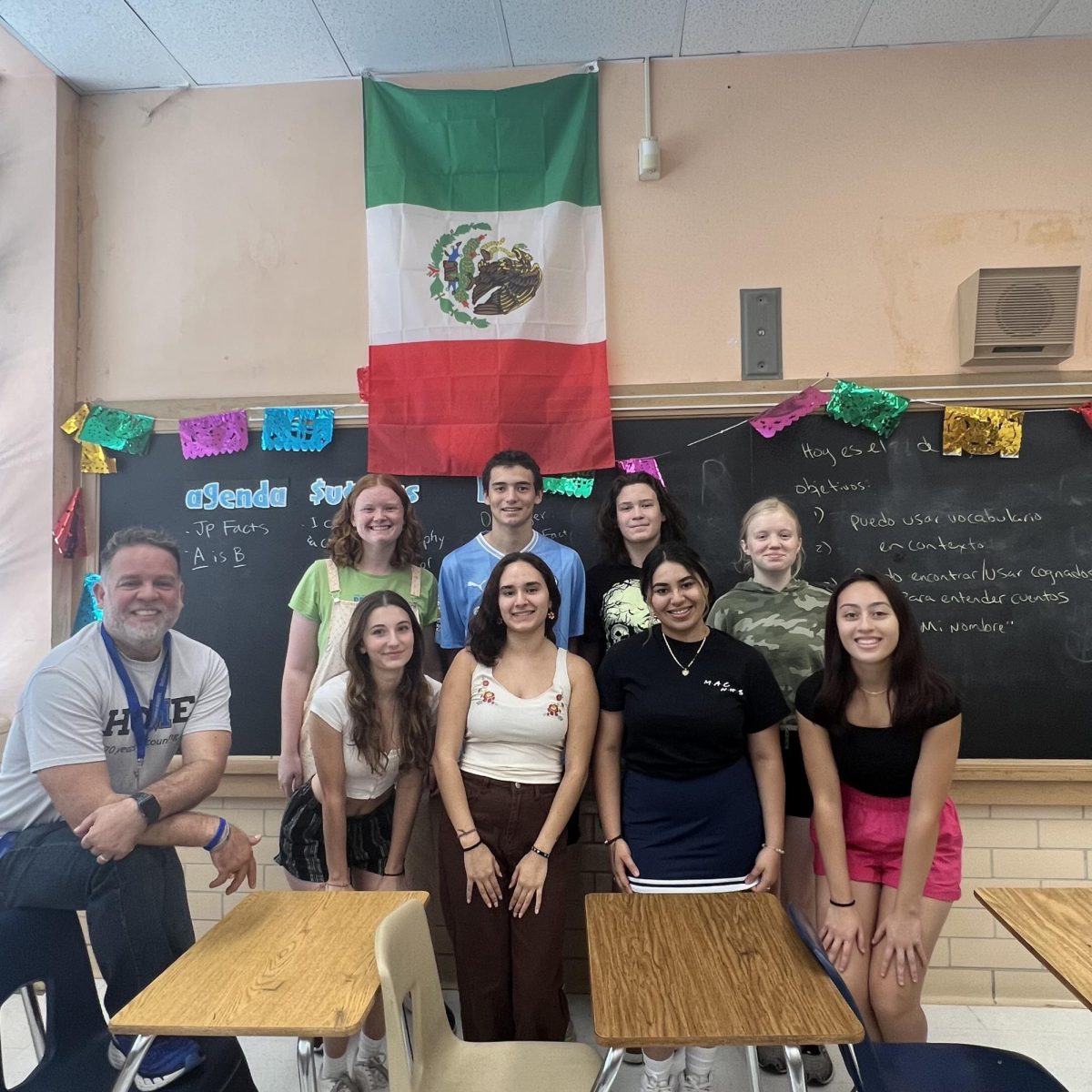
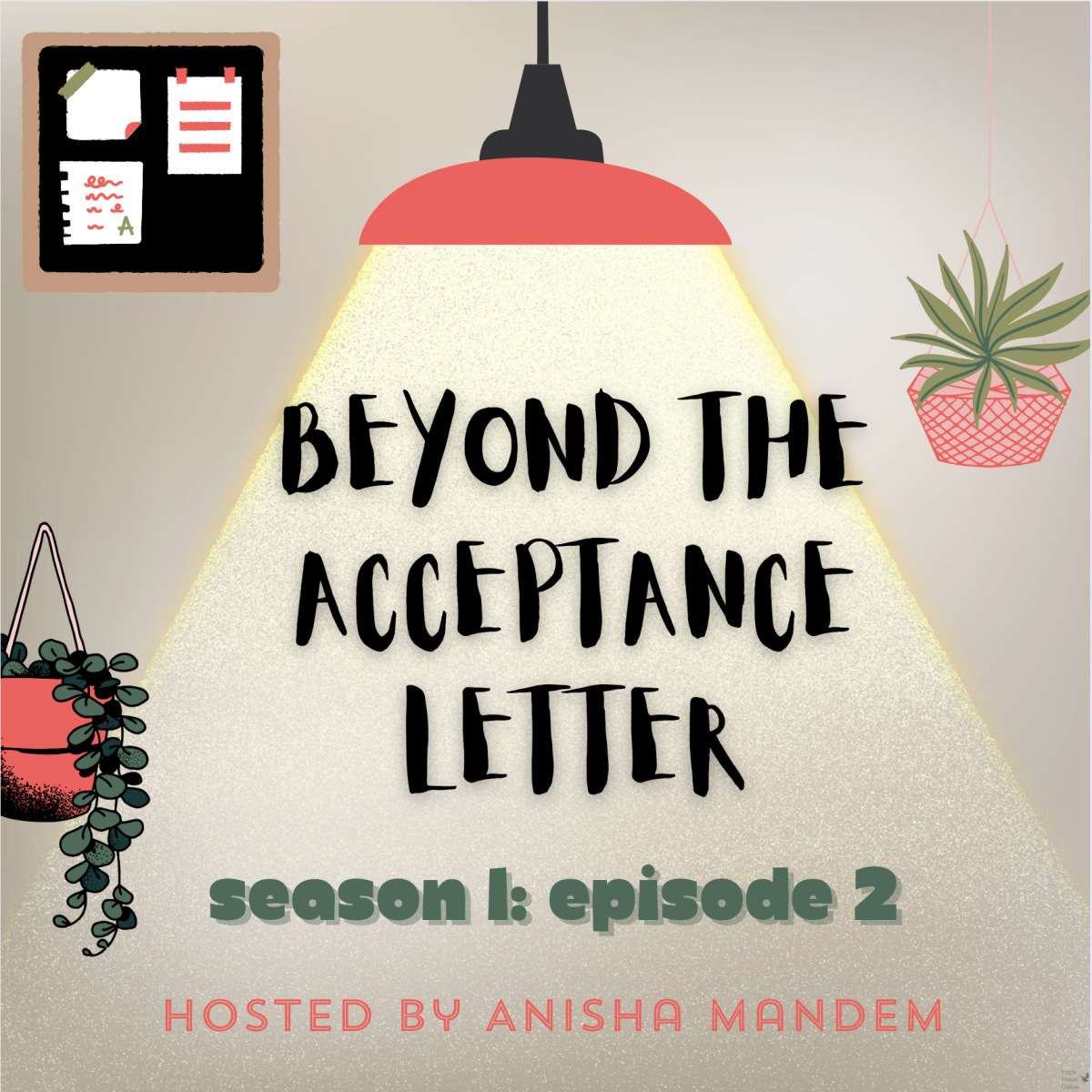
![IN THE SPOTLIGHT: Junior Zalie Mann performs “I Love to Cry at Weddings,” an ensemble piece from the fall musical Sweet Charity, to prospective students during the Fine Arts Showcase on Wednesday, Nov. 8. The showcase is a compilation of performances and demonstrations from each fine arts strand offered at McCallum. This show is put on so that prospective students can see if they are interested in joining an academy or major.
Sweet Charity originally ran the weekends of Sept. 28 and Oct. 8, but made a comeback for the Fine Arts Showcase.
“[Being at the front in the spotlight] is my favorite part of the whole dance, so I was super happy to be on stage performing and smiling at the audience,” Mann said.
Mann performed in both the musical theatre performance and dance excerpt “Ethereal,” a contemporary piece choreographed by the new dance director Terrance Carson, in the showcase. With also being a dance ambassador, Mann got to talk about what MAC dance is, her experience and answer any questions the aspiring arts majors and their parents may have.
Caption by Maya Tackett.](https://bestofsno.com/wp-content/uploads/2024/02/53321803427_47cd17fe70_o-1-1200x800.jpg)
![SPREADING THE JOY: Sophomore Chim Becker poses with sophomores Cozbi Sims and Lou Davidson while manning a table at the Hispanic Heritage treat day during lunch of Sept 28. Becker is a part of the students of color alliance, who put together the activity to raise money for their club.
“It [the stand] was really fun because McCallum has a lot of latino kids,” Becker said. “And I think it was nice that I could share the stuff that I usually just have at home with people who have never tried it before.”
Becker recognizes the importance of celebrating Hispanic heritage at Mac.
“I think its important to celebrate,” Becker said. “Because our culture is awesome and super cool, and everybody should be able to learn about other cultures of the world.”
Caption by JoJo Barnard.](https://bestofsno.com/wp-content/uploads/2024/01/53221601352_4127a81c41_o-1200x675.jpg)


